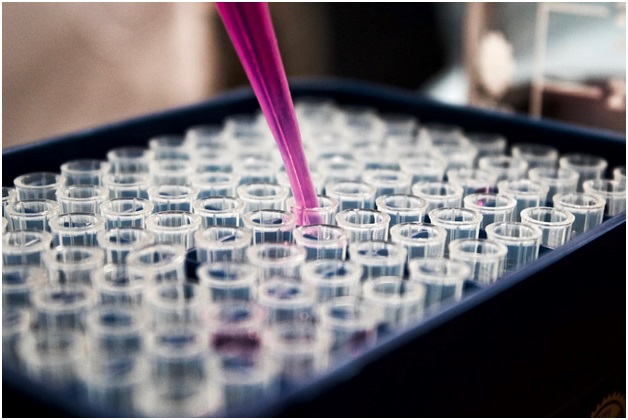Knowing whether you can rely on your CBD provider is a crucial aspect of your CBD experience. As you step into a store or browse for different products, you may think that reading CBD labels is all you need to do as a novice buyer. However, there’s a lot more you need to do to ensure the quality standards of CBD products.
Ascertaining the quality of your product is critical, so take it one step further by looking for third-party lab tests. There’s no formal regulatory body to regulate the quality of CBD products, which highlights the significance of being highly cautious while buying CBD products. Third-party lab tests help you achieve an unbiased analytical report of all the significant aspects of the product quality.
Stick around to learn about CBD product testing and the importance of third-party lab tests while choosing a CBD product on the market.
What Are Third-Party Lab Tests?
Reputable CBD stores understand the significance of product transparency for the buyers and, thus, invest in third-party lab tests. These are critical quality tests performed on the product samples to assess the quality. The analysis is conducted by a third-party lab that ensures that your results are accurate and unbiased. These tests verify all the minimal details of the product as well. From Cannabinoid profiles to impurity levels, third-party CBD product testing provides reliable information about the product you’re planning to buy.
Certificate Of Analysis
Third-party testing companies provide you with a certificate of analysis, which is the final report of the tests performed to analyze the quality of the product. It enables you to effectively identify the contents of products along with other crucial aspects such as THC level. Here’s what a certificate of analysis tells you about your CBD products:
- The types of cannabinoids and their amounts
- Amount of THC; that assures you about the source of CBD
- The heavy metal analysis pinpoints the presence of heavy metals, if any
- Pesticide analysis is another major aspect that guides you regarding the presence of any residues of harmful pesticides in the product
- The concentration and potency of the product
In a nutshell, the certificate of analysis reveals all the ins and outs of the product quality for you to make a wiser decision.
Should You Consider Brands That Do Not Provide A COA?
Most CBD brands charge you prices that include the costs of third-party CBD product testing. The manufacturers must consider the importance of transparency for the users. Providing them with third-party lab-tested CBD products is a basic criterion to make it to the list of “reputable vendors*.
Keeping the above-mentioned aspects in mind, it’s unequivocal that if a brand isn’t providing you with the COA, they are avoiding unleashing the details regarding the product quality, which is a huge red flag.
Final Thoughts
The next time you’re looking forCBD softgels, gummies, oil, or any other products, ensure to check the COA of the products beforehand. If a brand doesn’t provide you with a certificate of analysis, its products are probably not worth your money.

Michael Levin is a CBD enthusiast, a researcher, writer and editor in the cannabis space, experienced CBD user and educator. He believes CBD can help improve our overall health and wellbeing.
